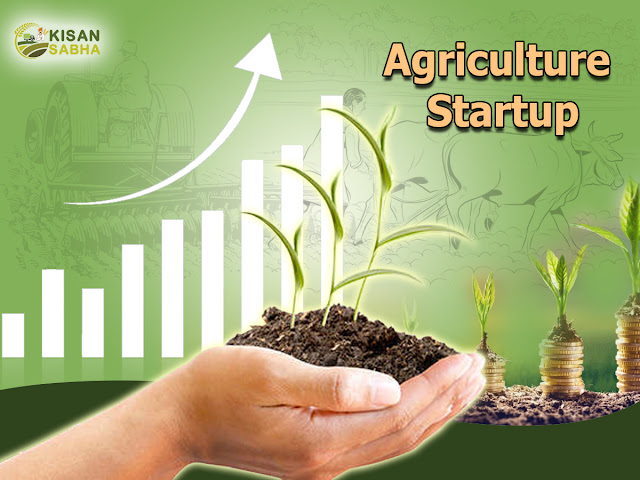In recent years, a multitude of innovative companies has instigated significant transformations in the agricultural sector. Not only are farmers reconsidering time-honoured farming practices but they are also playing a pivotal role in addressing crucial industry challenges. By implementing supply chain efficiencies, employing precision agriculture, and adopting sustainable farming methods, these companies are shaping the future of farming.
Agricultural startups are flourishing worldwide, each offering a distinct approach to tackle the industry's complex challenges. They collectively prioritize sustainability as a shared goal. Numerous businesses are introducing innovative methods to minimize the environmental impact of agriculture. By implementing vertical farming, hydroponics, and aquaponics, they enable year-round food production while significantly reducing water and space requirements compared to traditional practices.
Enterprises in the realm of farming hold significant influence over precision agriculture. By incorporating advanced technology such as drones, satellite imagery, and data analysis, these companies aid farmers in effectively managing their crops. The result is an increase in crop yield through the application of insecticides and fertilizers that are both more productive and resource-efficient.
By upgrading outdated supply chains in agriculture, businesses have now introduced innovative solutions. These solutions ensure the smooth movement of goods from the farm to the market. Startups are leveraging blockchain technology to combat food fraud and waste. This implementation provides transparency and traceability in the supply chain, allowing both farmers and consumers to have confidence in the quality and origins of their produce.
The growth of agri
startups is indeed exciting. However, these startups face several
challenges that they must overcome. One of the biggest hurdles lies in
securing funding for artistic endeavours. Moreover, navigating the complex web
of regulations within the agricultural industry requires significant ability
and expertise. Additionally, convincing conventional farmers to adopt new
practices may prove to be a gradual process, requiring patience and
perseverance.
Farming companies,
driven by a strong commitment to revolutionise the industry, have been
introducing sustainability, innovation, and technology. These advancements are
modernizing procedures that have been in place for centuries. Simultaneously,
entrepreneurs are rising to the challenge by developing and adapting solutions
to critical issues plaguing agriculture. Their efforts are making a
revolutionary impact on both the environment and food systems. By sowing the
seed for a more successful and sustainable agricultural future, these
visionary entrepreneurs are actively fostering positive change.

.jpg)

.jpg)

No comments:
Post a Comment